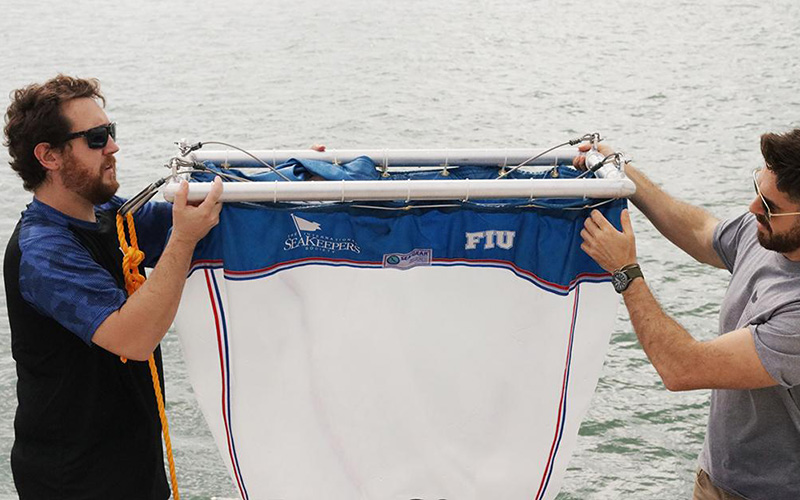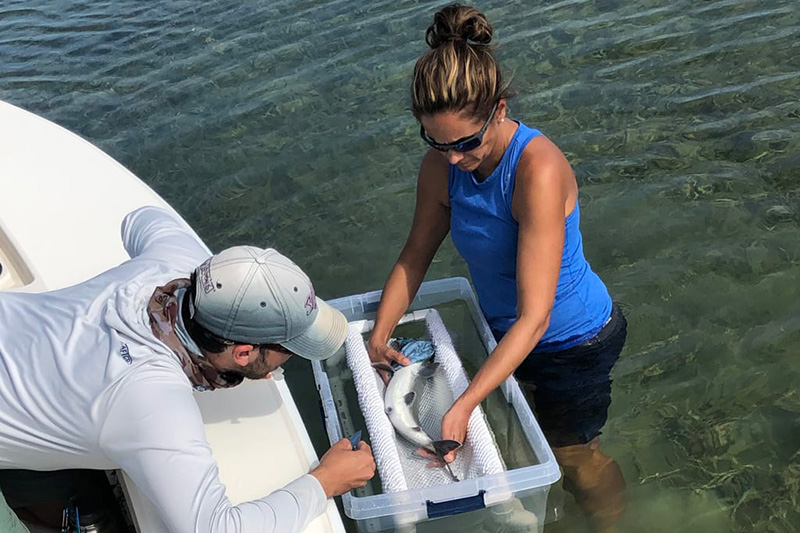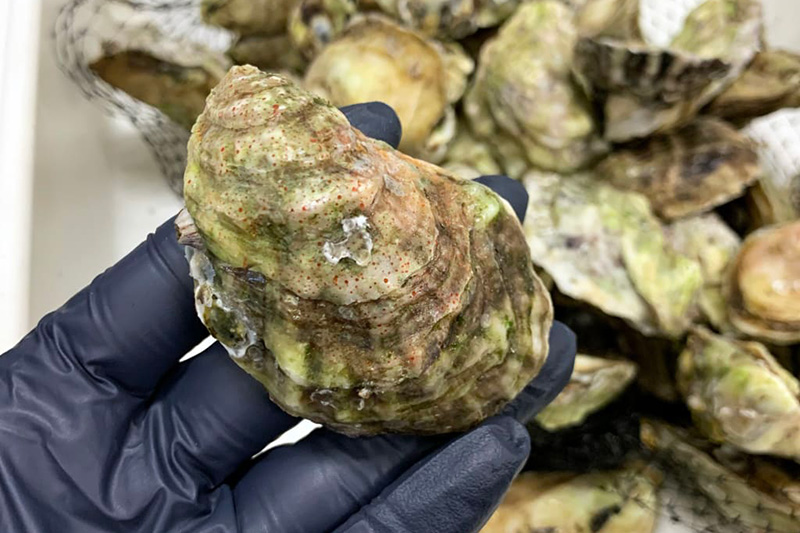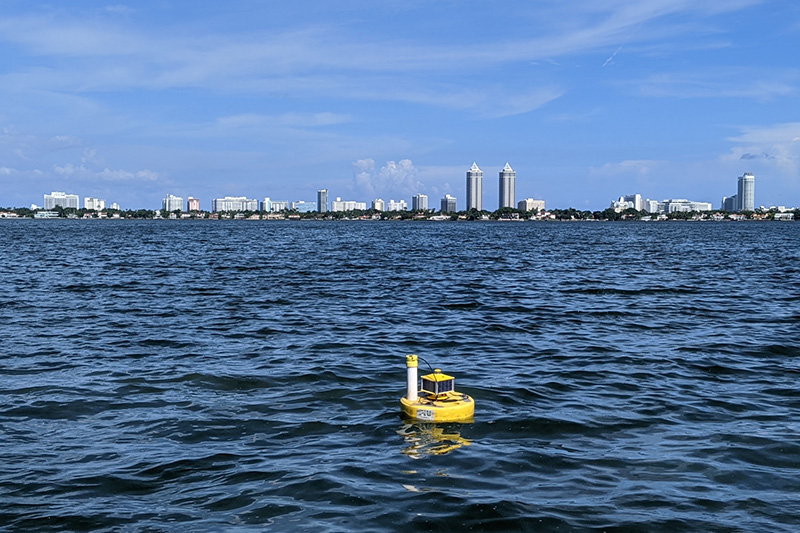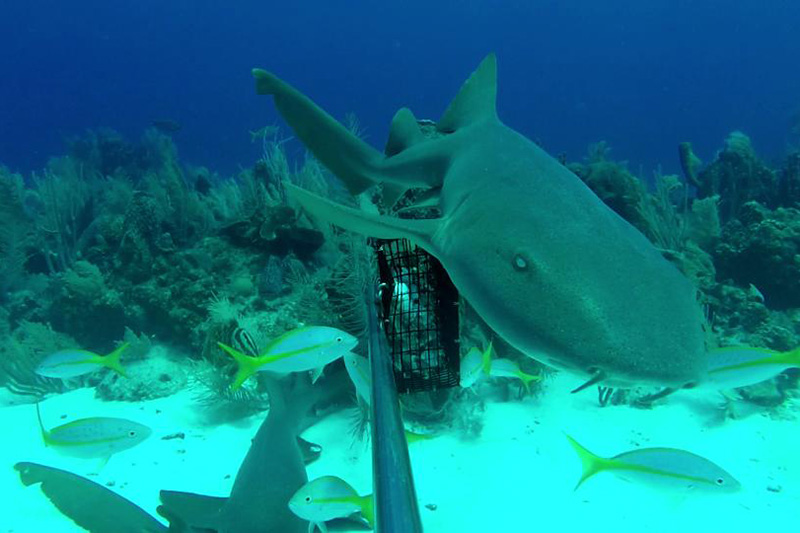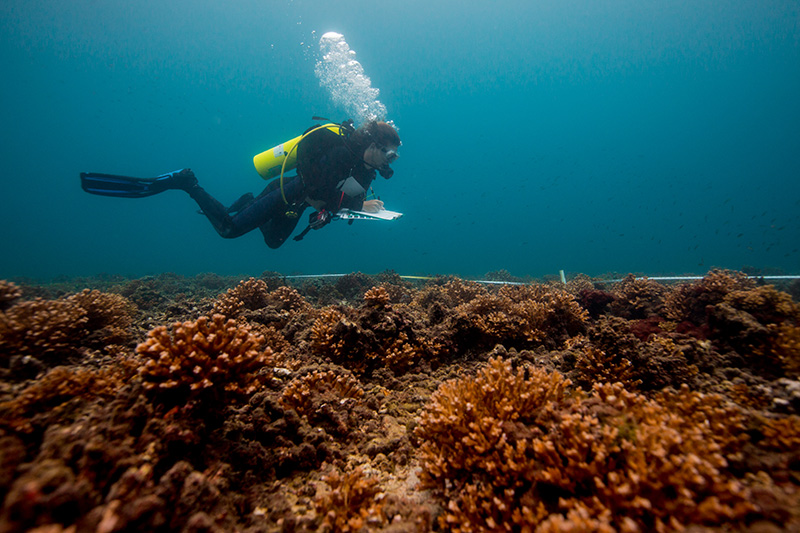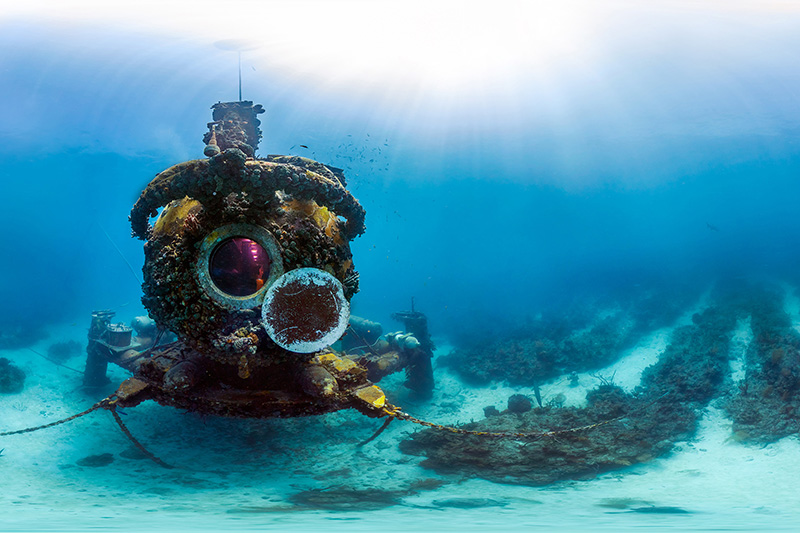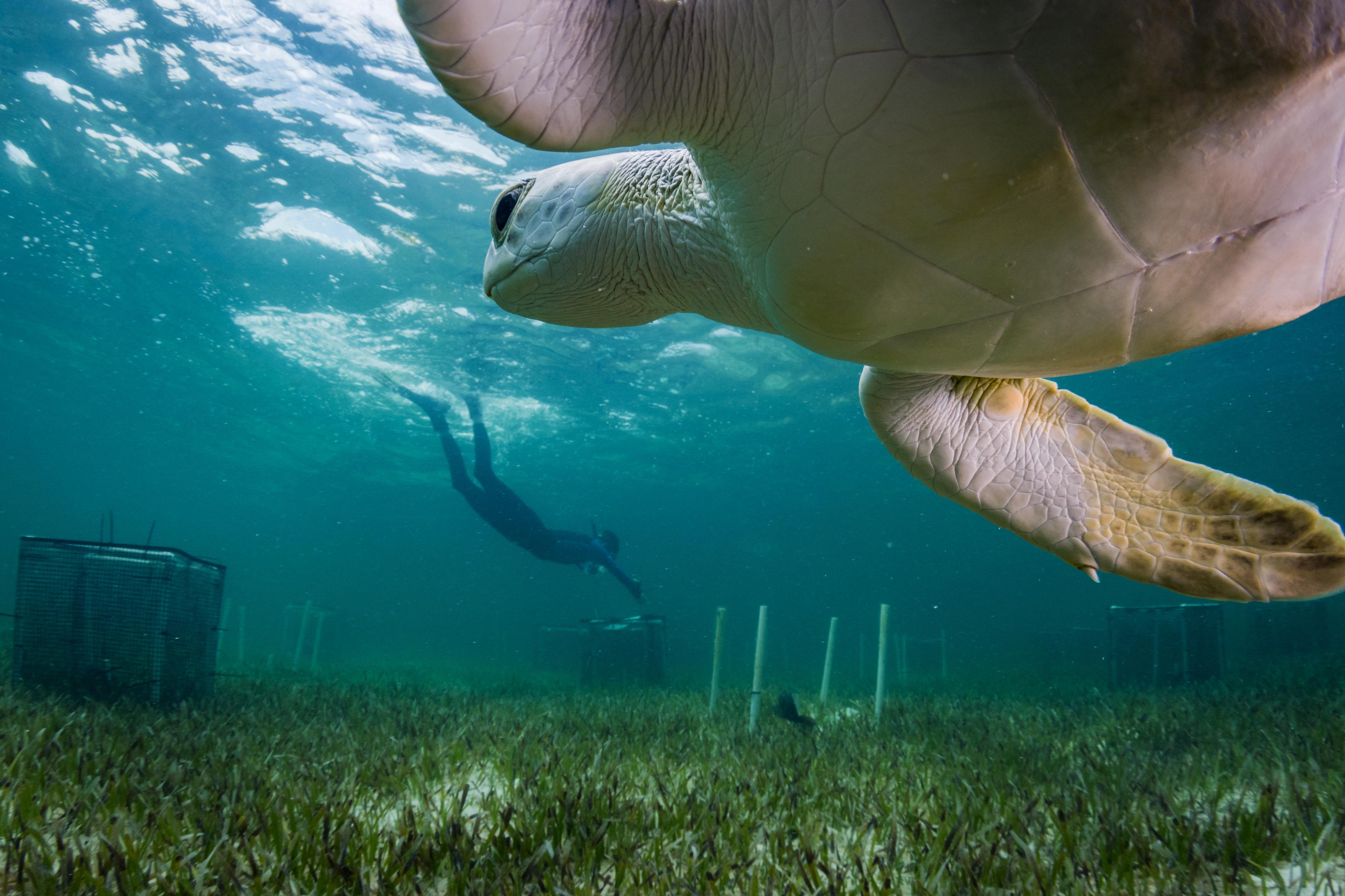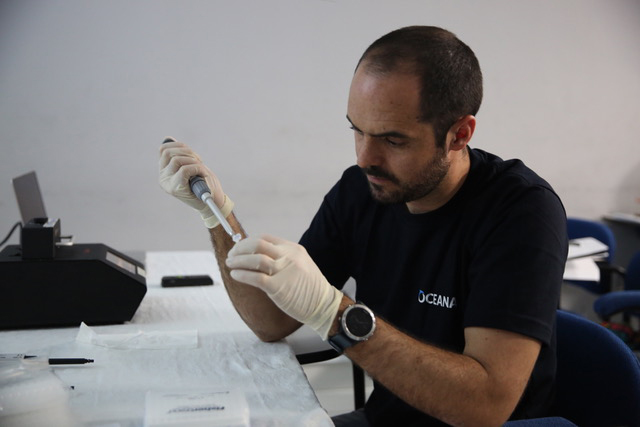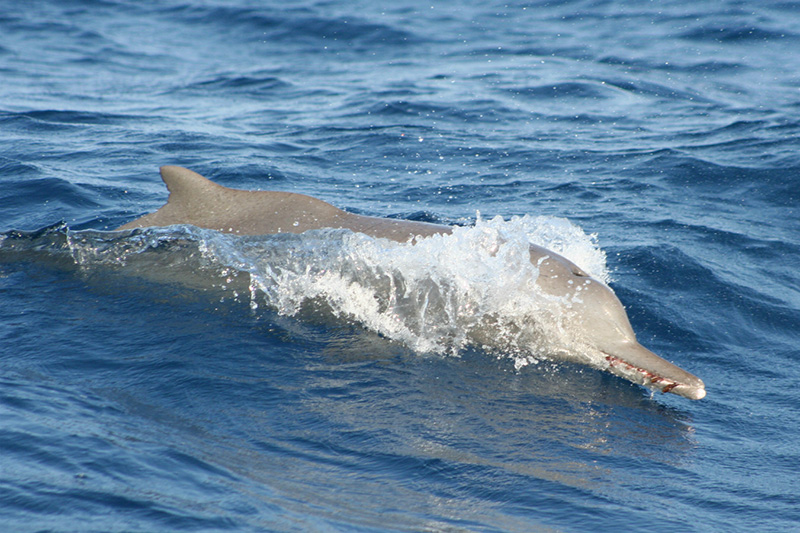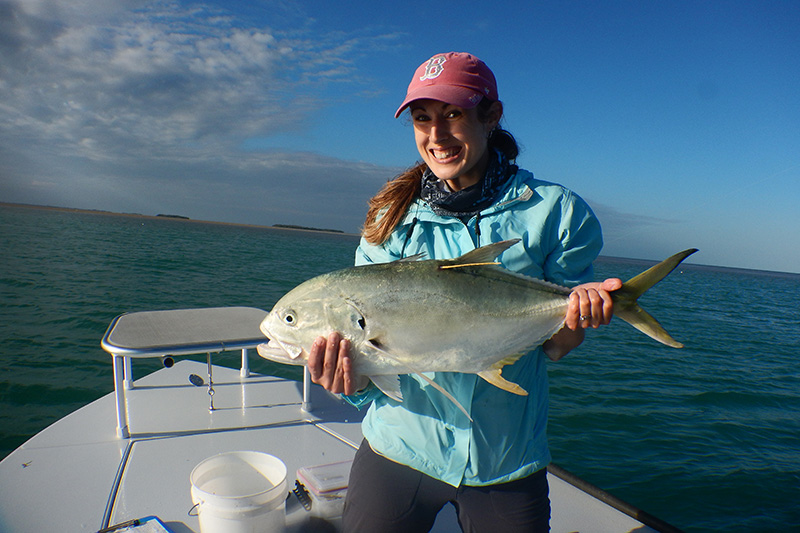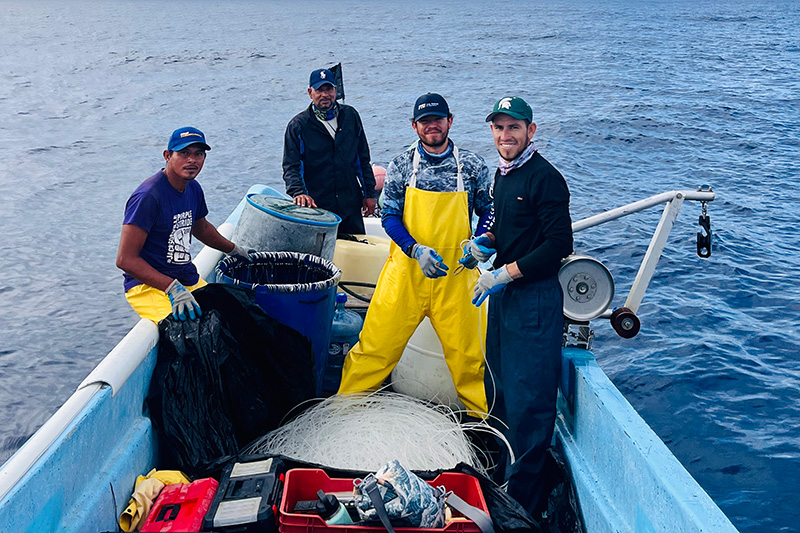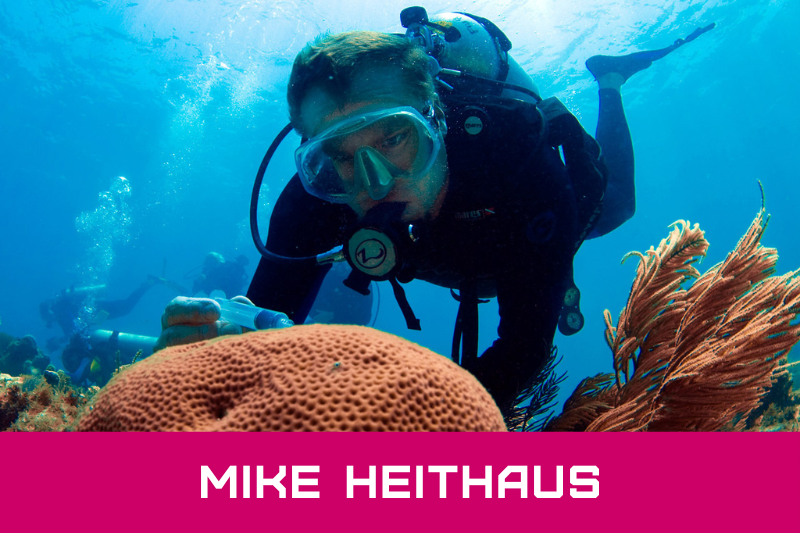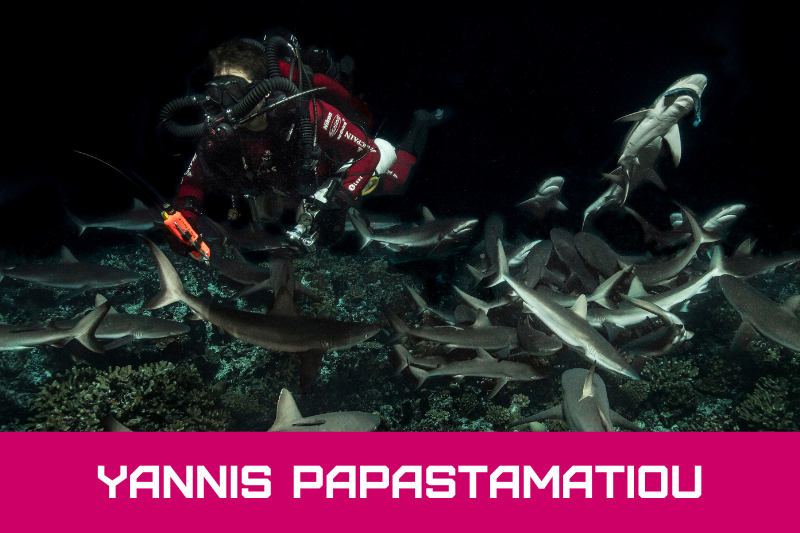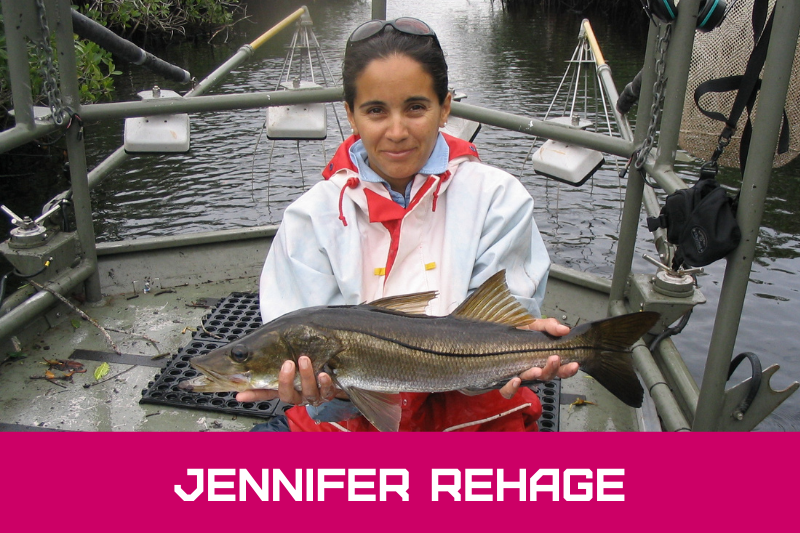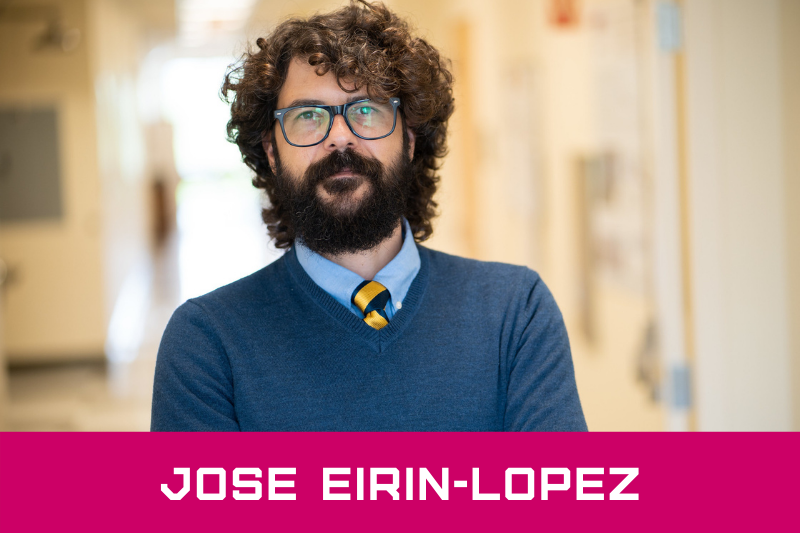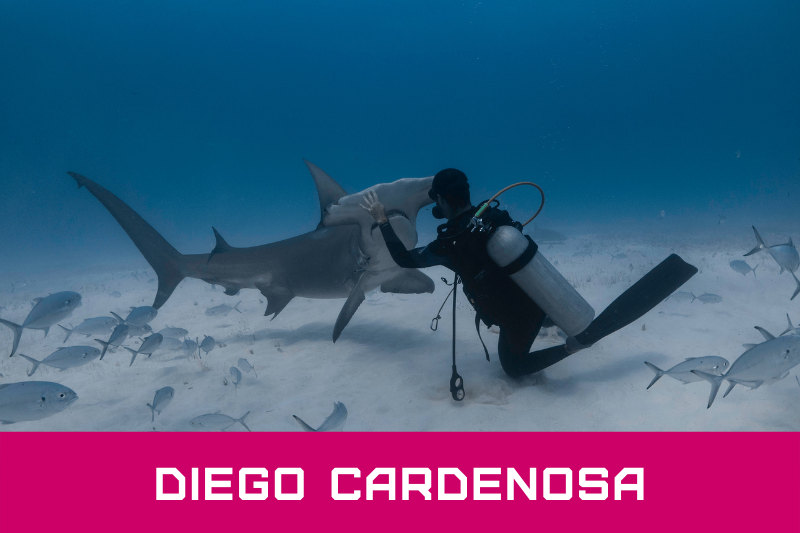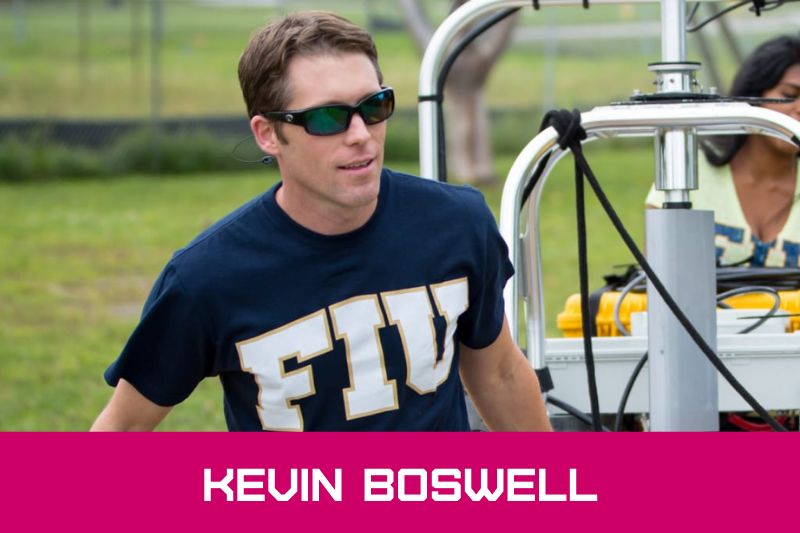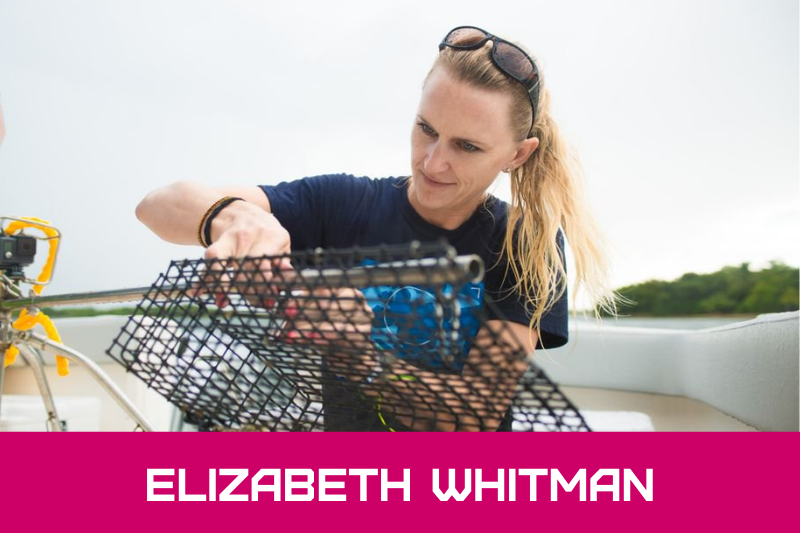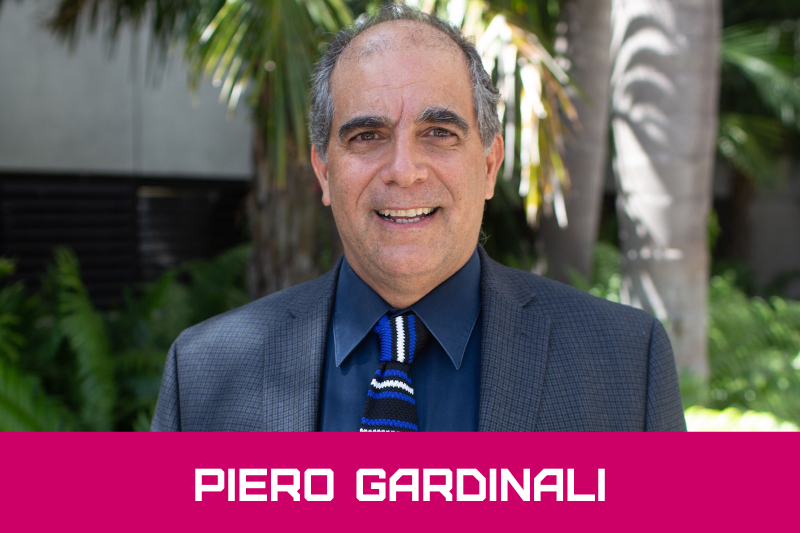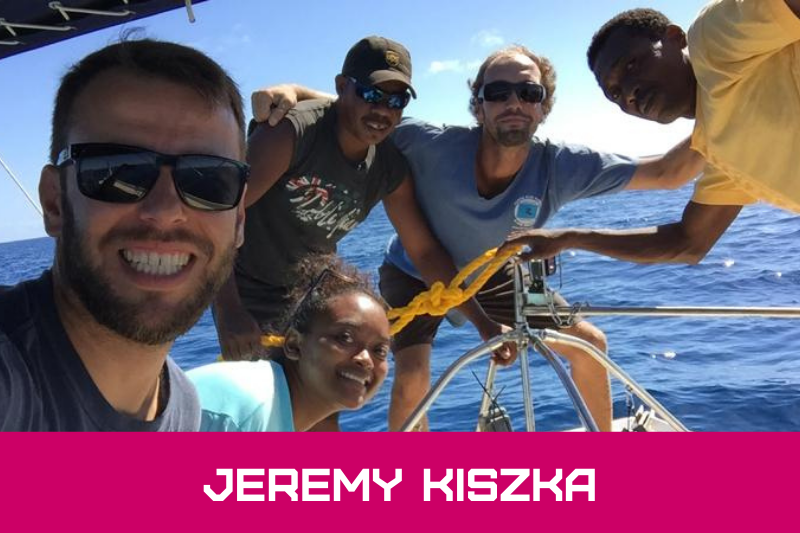Where Inspiration Meets Impact
Florida International University's ridge-to-reef approach in environmental research is conducted across the globe, collaborating with partners locally and internationally to advance science, technology and best practices that will keep our oceans, seas and marine resources healthy. Our researchers are working across all targets set by the United Nations for Sustainable Development Goal 14, helping to ensure sustainable LIFE BELOW WATER.
Life Below Water
FIU is working across all targets set by the United Nations General Assembly in Sustainable Development Goal 14 to achieve a sustainable future for the world's oceans, seas and marine resources.
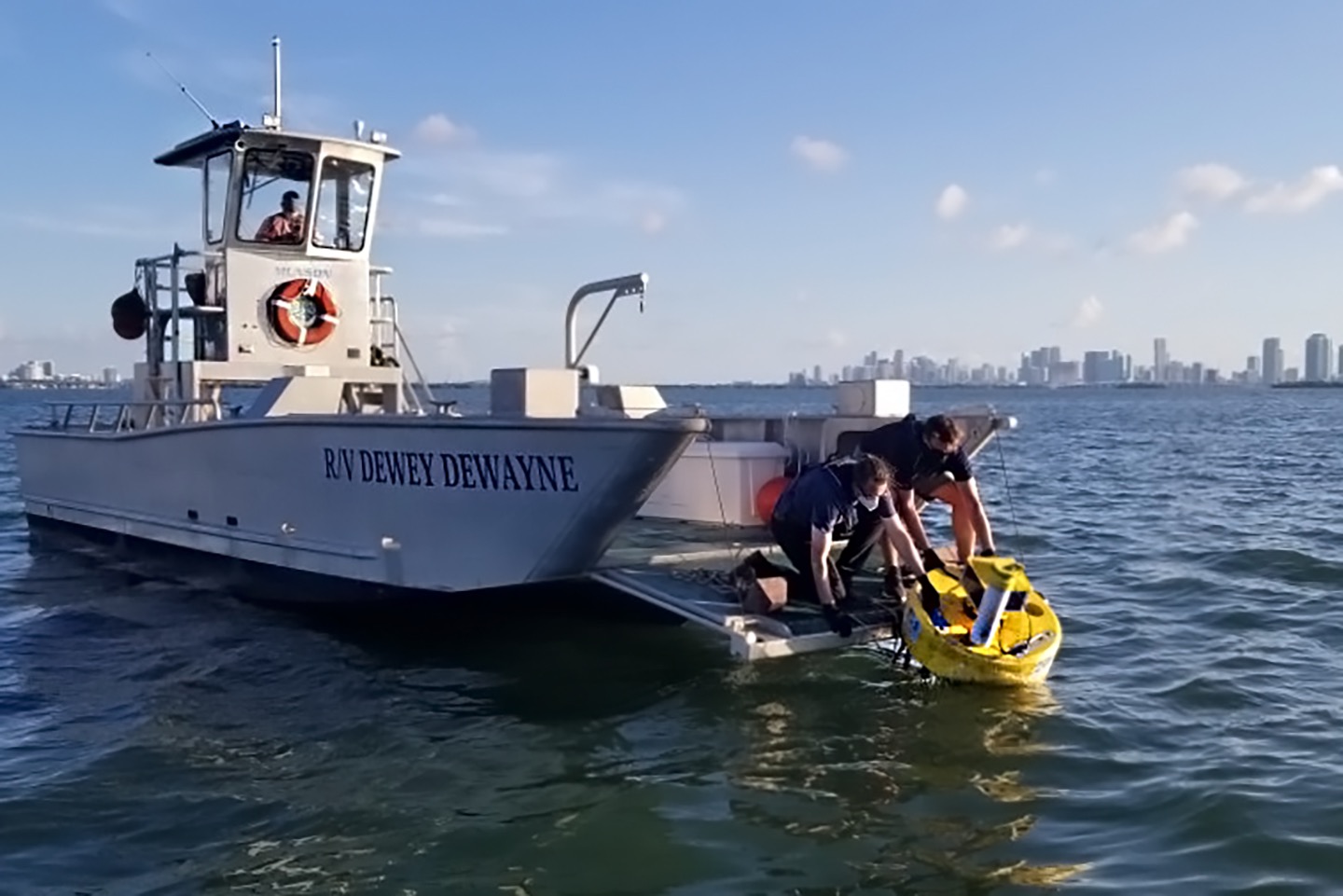
14.1 Reduce and prevent pollution
FIU scientists, through research and action, are preventing and reducing marine pollution of all kinds including nutrient, plastics and microplastics, PFAS forever chemicals, oil and industrial contaminants, pharmaceuticals, and other marine debris. Our scientists are doing the detective work to prevent ecological disasters. Find out more on FIU’s efforts to reduce and prevent pollution.
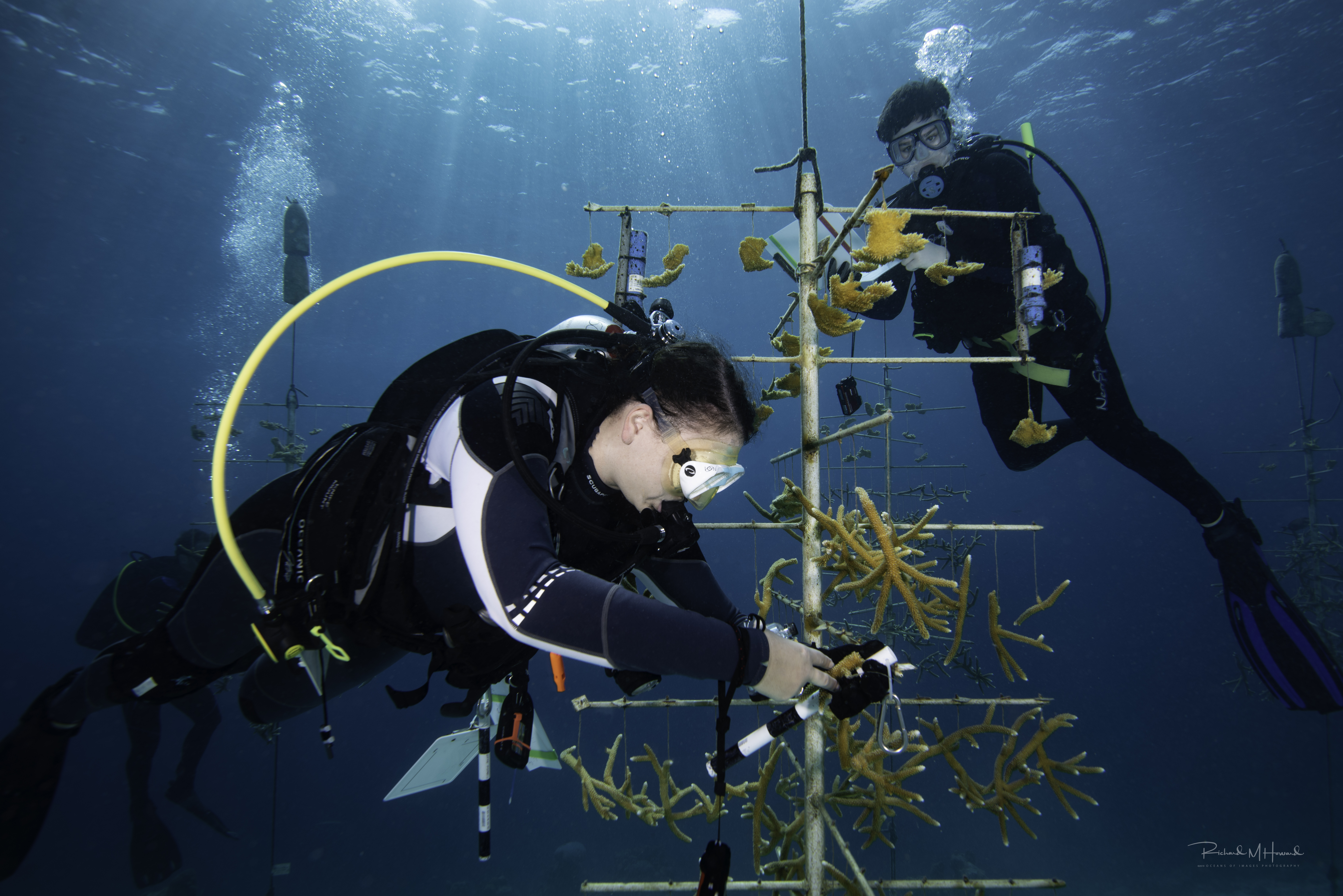
14.2 Manage and protect ecosystems
From the deepest depths to our coastlines, FIU is helping to sustainably manage and protect marine and coastal ecosystems to strengthen their resilience, restore biodiversity and protect critical resources. Find out more on FIU's efforts to manage and protect ecosystems.
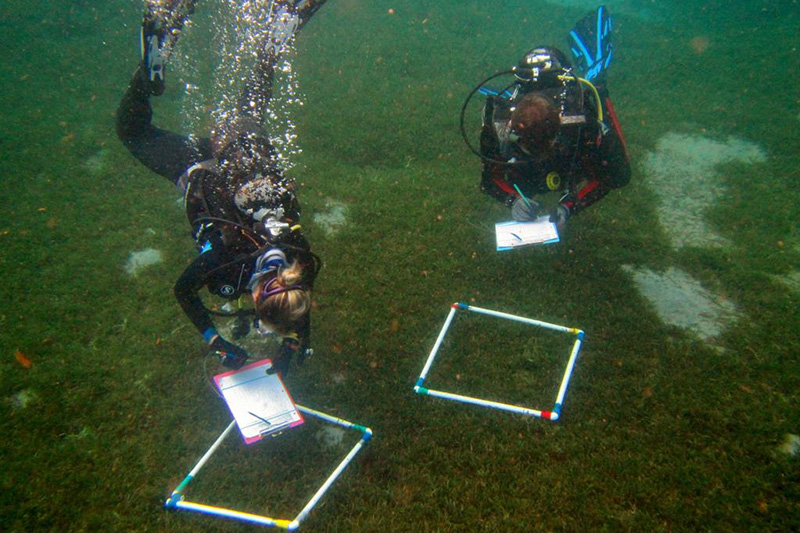
14.3 Address ocean acidification
FIU is providing scientific solutions to the devastating and complex challenges of ocean acidification through innovations on seagrass work, coral restoration, climate change research and studies on overall ocean health. Find out more on FIU's efforts to address ocean acidification.
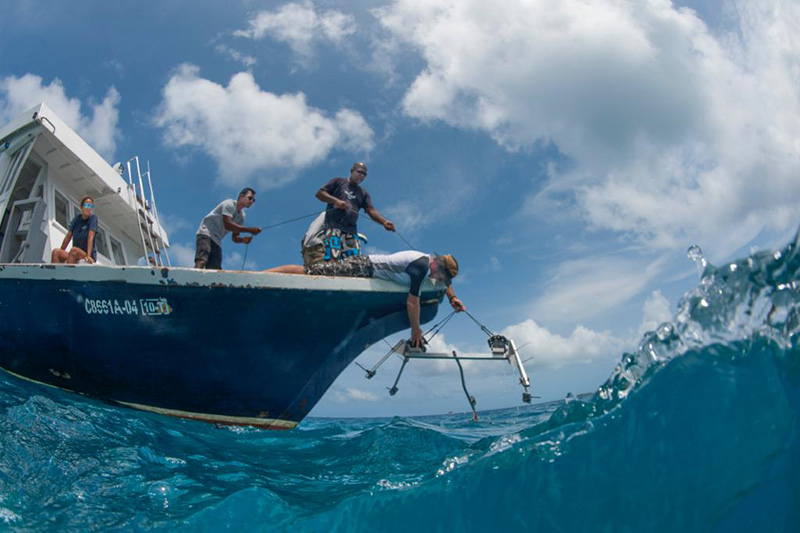
14.4 End destructive fishing
From the illegal shark fin trade to the unintended bycatch of marine mammals, FIU is working with international governments, local fishermen, NGOs and others to end overfishing, illegal, unreported, unregulated and other destructive fishing practices. Find out more on FIU's efforts to end destructive fishing.
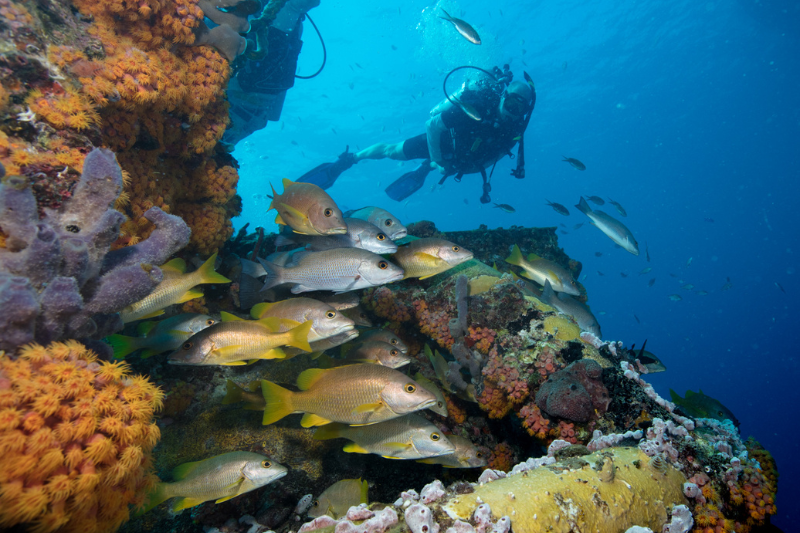
14.5 Conserve marine areas
By providing open-access actionable data on critical marine issues, serving as major research partners for marine sanctuaries, and advising international governments on establishment of protected areas, FIU is providing the science to ensure oceans remain healthy. Find out more on FIU's efforts to conserve marine areas.
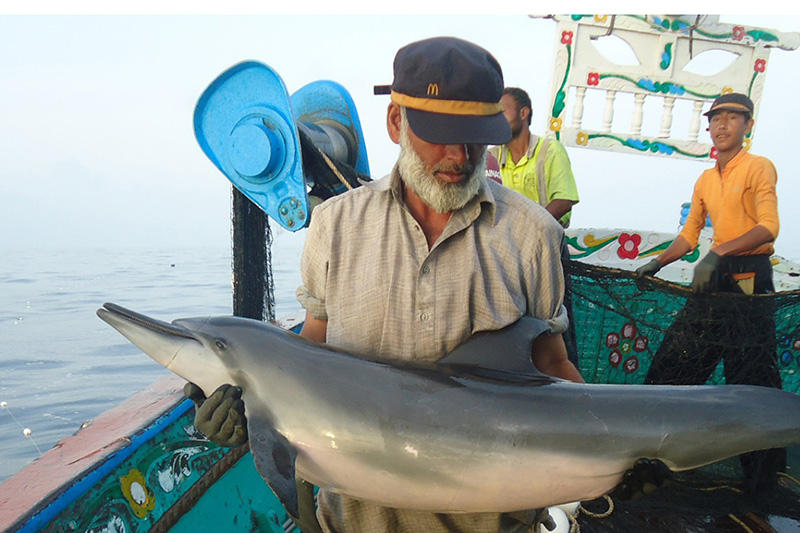
14.6 Inform policy
FIU scientists provide supporting evidence to issues of overfishing, illegal, unreported and unregulated fishing to inform regulatory agencies through research and advocacy. Find out more on FIU's efforts to inform policy.
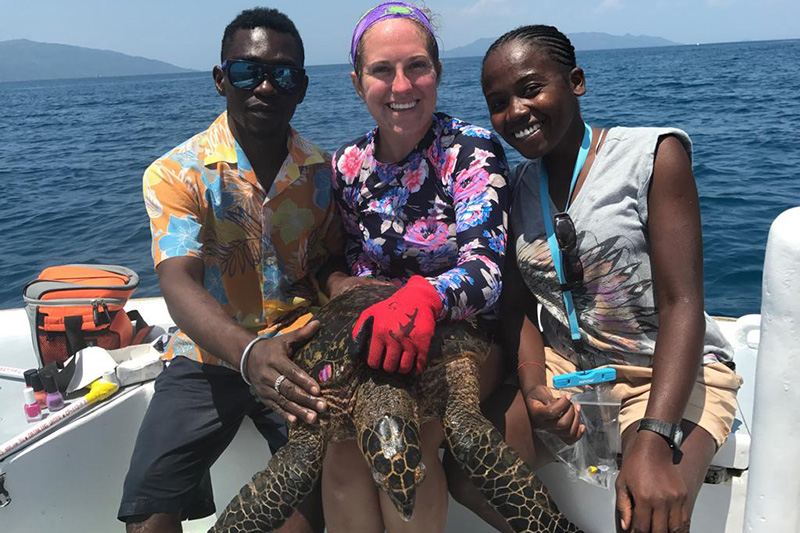
14.7 Collaborate with island states
All across the world, FIU scientists work with communities and governments in Small Island Developing States to establish sustainable use of marine resources including ecotourism, aquaculture and sustainable management of fisheries. Find out more on FIU's efforts to collaborate with island states.
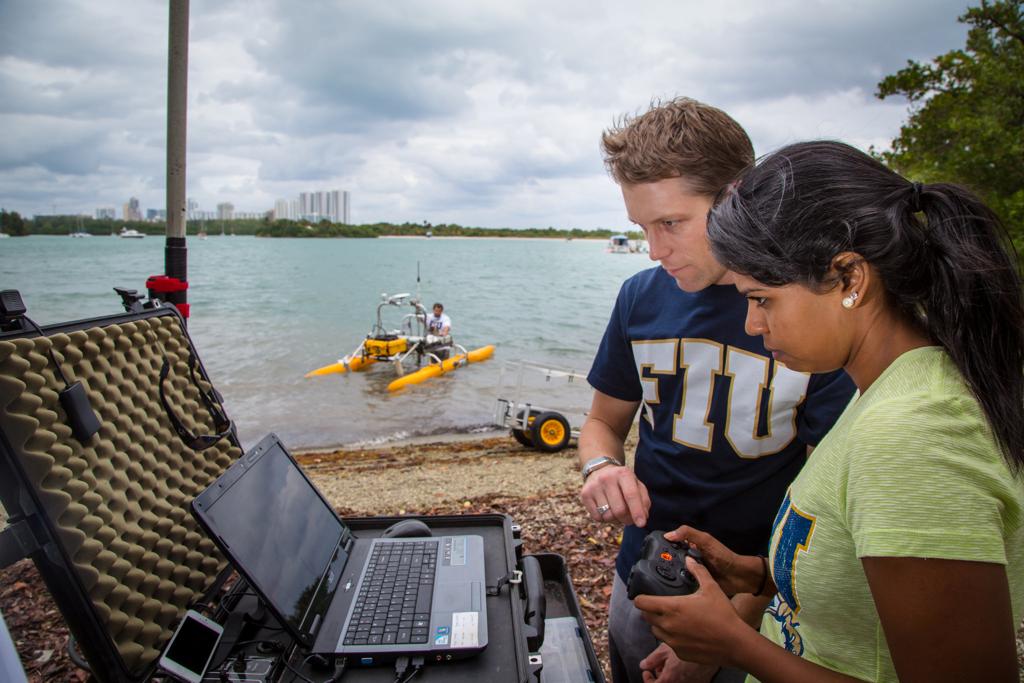
14. a-c Improve resources
Innovative technologies and collaborative research are at the core of FIU’s efforts to improve ocean health and protect marine biodiversity. Find out more on FIU's efforts to improve resources.
Target 14.4 End destructive fishing
By 2020, effectively regulate harvesting and end overfishing, illegal, unreported and unregulated fishing and destructive fishing practices and implement science-based management plans, in order to restore fish stocks in the shortest time feasible, at least to levels that can produce maximum sustainable yield as determined by their biological characteristics
Worldwide Shark Suvey
A Paul G. Allen initiative led by researchers at Florida International University, Global FinPrint has united researchers and collaborators from around the world to study sharks, rays and other marine life on coral reefs using baited remote underwater video systems surveys (BRUVS) — the first-ever global assessment of reef sharks.
Target 14.6 Inform policy
By 2020, prohibit certain forms of fisheries subsidies which contribute to overcapacity and overfishing, eliminate subsidies that contribute to illegal, unreported and unregulated fishing and refrain from introducing new such subsidies, recognizing that appropriate and effective special and differential treatment for developing and least developed countries should be an integral part of the World Trade Organization fisheries subsidies negotiation
Targets 14.a-c Improve resources
Increase scientific knowledge, develop research capacity and transfer marine technology, taking into account the Intergovernmental Oceanographic Commission Criteria and Guidelines on the Transfer of Marine Technology, in order to improve ocean health and to enhance the contribution of marine biodiversity to the development of developing countries, in particular small island developing States and least developed countries
Provide access for small-scale artisanal fisheries to marine resources and markets
Enhance the conservation and sustainable use of oceans and their resources by implementing international law as reflected in United Nations Convention on the Law of the Sea, which provides the legal framework for the conservation and sustainable use of oceans and their resources, as recalled in paragraph 158 of "The future we want"
News
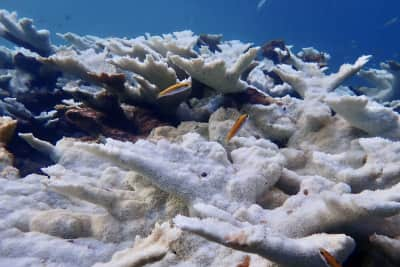
Catastrophic heat wave wiped out 2 endangered corals in the Florida Keys. Now what?
Jan 12, 2026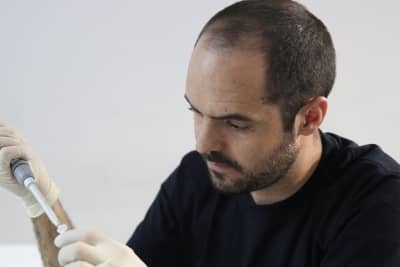
Marine biologist develops rapid DNA tool to combat illegal shark and ray fin trade
Nov 17, 2025
Global study reveals widespread illegal shark fin trade nearly decade after international protections
Nov 6, 2025
New environmental DNA test could help rare hammerhead sharks fight extinction
Nov 5, 2025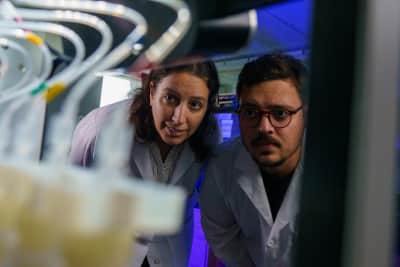
"Forever chemicals" found for first time in Miccosukee Indian Reservation
Oct 16, 2025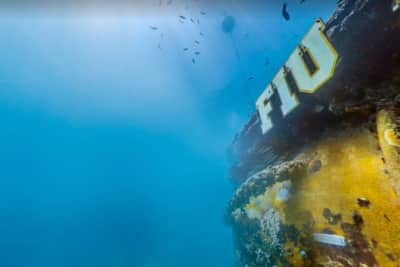
FIU Aquarius and Tekmara partner to apply AI under the sea
Oct 13, 2025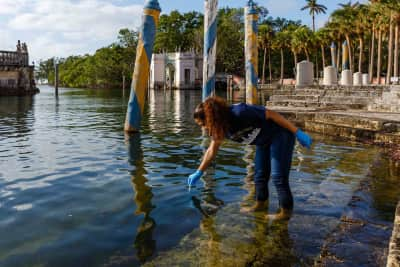
FIU calls upon citizen scientists to help collect data during King Tide
Oct 1, 2025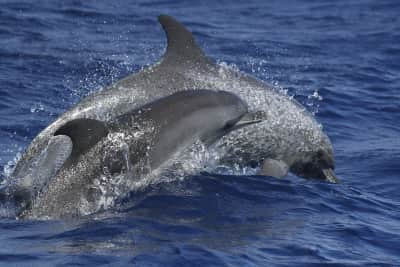
Dolphin and whale lovers can track an ocean animal and support FIU research
Sep 29, 2025
He drove 1,000 miles for seagrass, now he advocates for 10,000 miles of coastline
Sep 17, 2025

